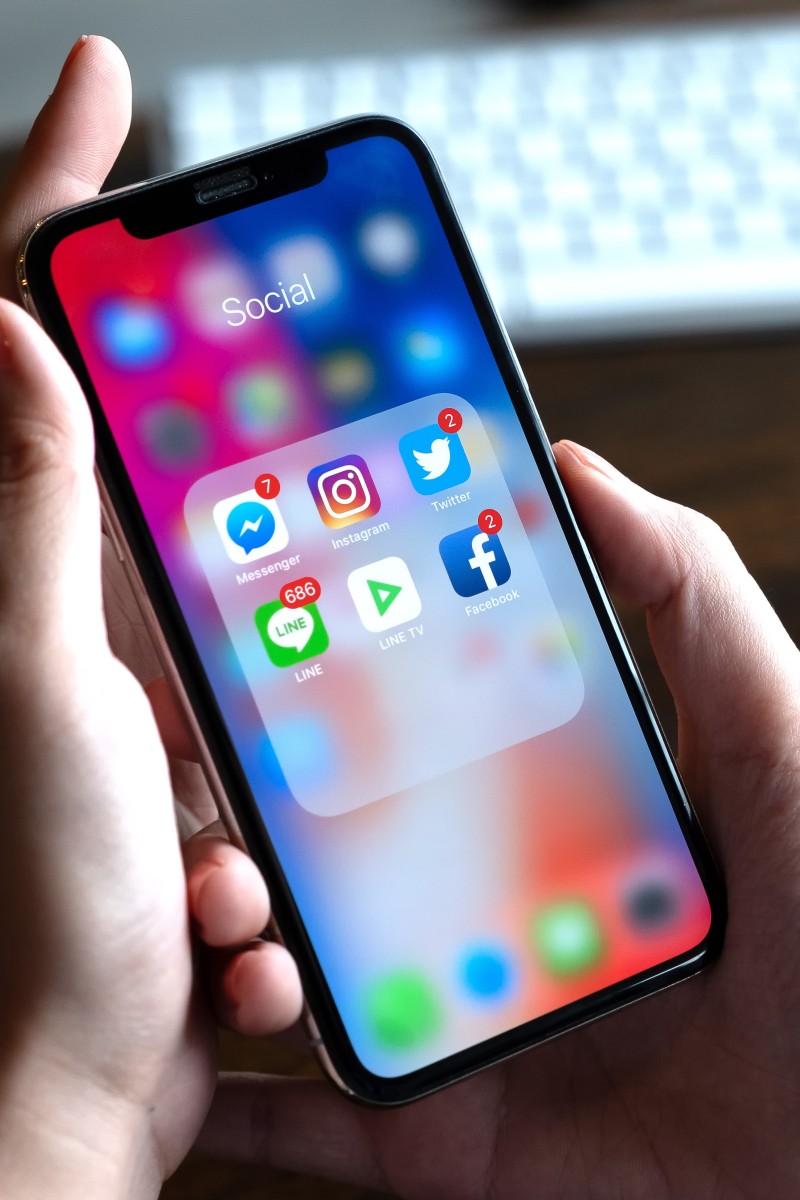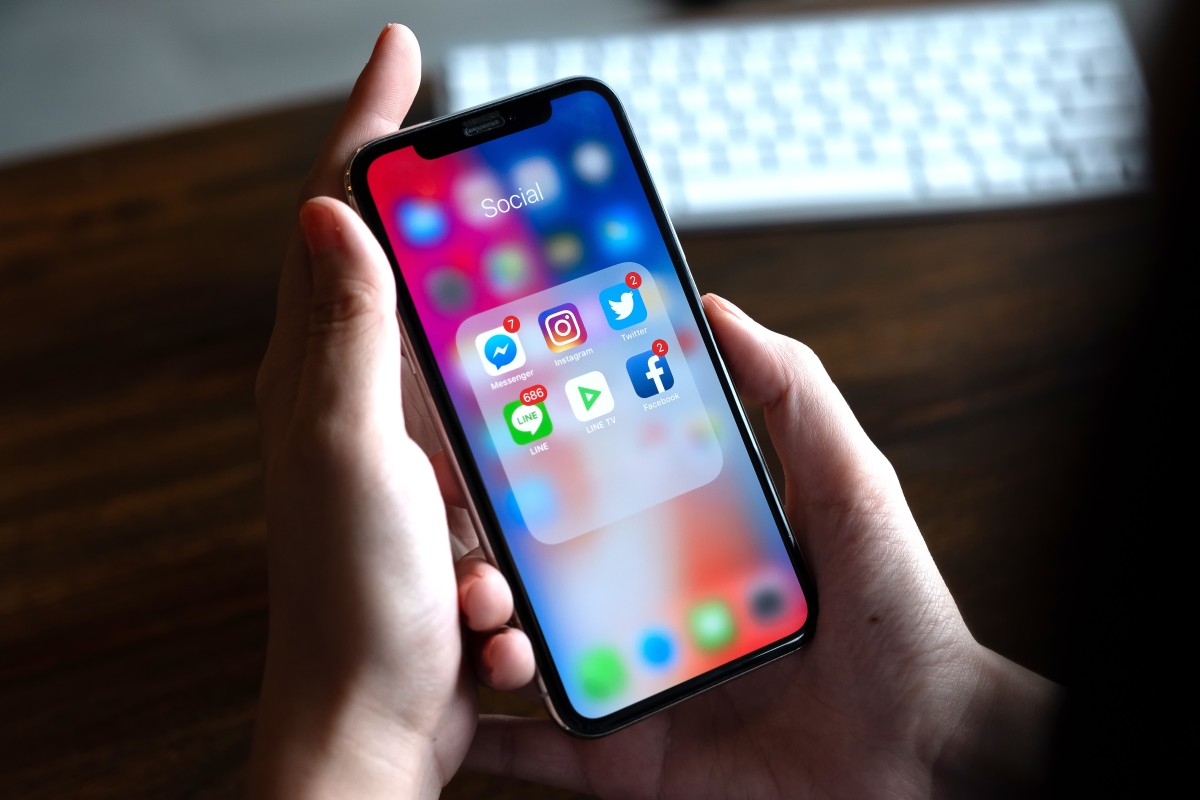
Don't underestimate or dismiss the power of social media to fight injustice
Instagram, Twitter, and Facebook are just some of the platforms our generation uses to shed light on social injustices


Many people are critical of social media, but they should acknowledge the benefits it has brought to society. Social media can reach a large audience in a short period of time, for instance. Because of this, much unjust suffering around the world have been brought to light.
In October 2017, reality star Kim Kardashian West retweeted a post that detailed the story of Alice Marie Johnson – a woman sentenced to life in prison after she was convicted of drug trafficking. (Many felt the sentence was far too harsh for the crime, considering Johnson wasn't the leader of the operation, and it was her first offence.) She had spent more than 20 years behind bars by the time West had retweeted the post. In May 2018, West approached US President Donald Trump to ask him to grant Johnson clemency – to give her an official presidential pardon. This was granted in June 2018, and Johnson was finally released.
Face Off: Does social media bring people closer together?
Cyntoia Brown has also cropped up on Twitter recently. In 2004, Brown was sentenced to life in prison after she killed a man. She had been 16. (And the man she killed was a 43-year-old who solicited her for sex, and Brown claimed self-defence. However, due to circumstances leading up to the man's death, it was not accented that Brown acted in self-defence and her actions were considere cold-blooded murder.) In December 2018, the Tennessee Supreme Court ruled she would have to serve at 51 years before being eligible for parole. The fact that Brown was a minor when she committed the crime (but was tried as an adult) caught a lot of attention. A lot of people are asking that Brown be given a pardon as well.
These two cases are indicative of the power of social media. Sceptics ought to have faith in our generation’s ability to judge the information that is presented to them. We don’t assume everything we read is real, and we look for reputable sources before we share a story. Others might argue that we, the people, should not try to interfere with the judicial system. The cases of Johnson and Brown, though, became known because the justice system failed them. And, although many people may deride the reality star, professional advice was sought before West met Trump regarding Johnson – whose case was reviewed thoroughly before clemency was granted.
Face Off: Does social media bring people closer together?
Social media is important in helping to uncover social injustice. There are, however, many cases that have not had the attention they deserve. What, or who, determines which case gets brought to light? Buzzfeed News said that the British Home Office – which is responsible for immigration, security, and law and order – often only fast track cases that attract negative publicity. How is that fair to people in similar situations who don’t get any attention?
Until the proper solution (i.e. changing the system) happens, this generation will have to rely on social media to fight, one case at a time. It might seem like a small step but it can bring giant changes to someone’s life.
Edited by Ginny Wong
